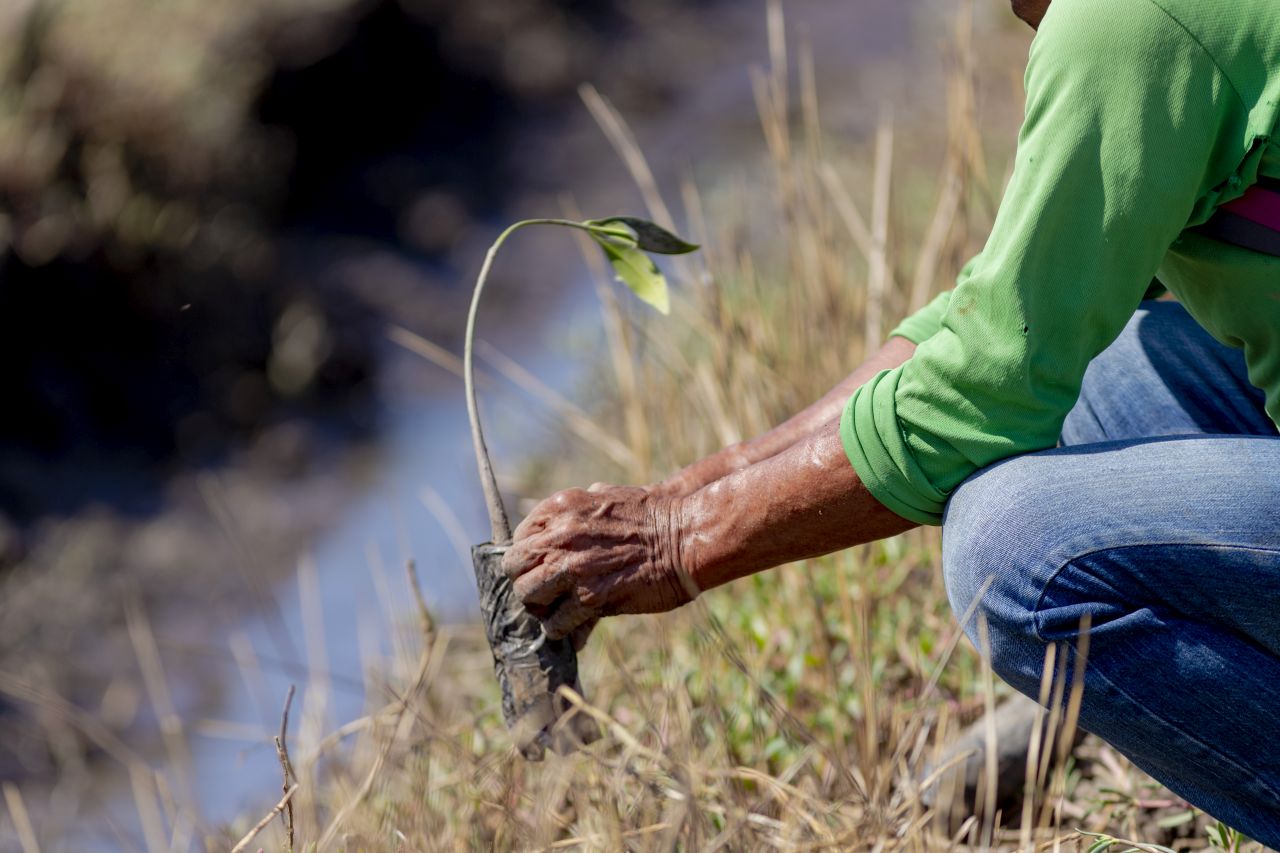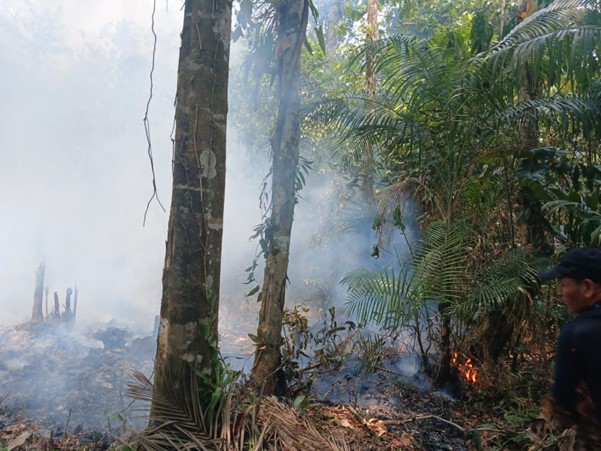Global Environment Organizations Unite to Bolster Protection of Primary Forests
May 7, 2024 – New York, NY – An important gathering took place at the 19th session of the United Nations Forum on Forests (UNFF19), where global environmental and development organizations convened to address the urgent need to strengthen the conservation of primary forests worldwide.

 Panel members from Collaborative Partnership on Forests and partners (Credits: IUCN)
Panel members from Collaborative Partnership on Forests and partners (Credits: IUCN)
The side event, held on May 7, 2024, was organized by the IUCN and the UNFF Secretariat, with contributions from key partners including FAO, GEF, Wild Heritage, and Griffith University. The meeting, titled "The Need to Strengthen the Conservation of Primary Forests through Partnership Enhancement and Coordination of Support," brought together a diverse group of stakeholders including policy makers, conservationists, and representatives from various countries and organizations involved in forest conservation. The event was aimed at elevating the importance of primary forests in global discourse and decision-making processes due to their critical role in biodiversity conservation, climate change mitigation, and the provision of ecosystem services.
Primary forests cover approximately 1.11 billion hectares globally and are vital for sustaining terrestrial biodiversity, with at least two-thirds of the world's biodiversity depending on these ecosystems. The event highlighted the need for strategic communication and capacity development to enhance the visibility and inclusion of primary forests in conservation and financing strategies. Discussions focused on the importance of robust networks and knowledge management to stimulate financing for primary forest conservation, supporting countries in developing effective forest finance strategies.
One major issue that the panel highlighted is that forests, and primary forests in particular, are not sufficiently acknowledged on the international policy stage. “UNFF is the only global intergovernmental policy platform for forests,” noted UNFF Deputy Director Minoru Takada, making it a key opportunity for stakeholders and policymakers to come together and discuss priorities for these critical ecosystems. Implicit in the Kunming-Montreal Global Biodiversity Framework are mandates to preserve and restore forests, pointed out Jamal Annagylyjova, Forest Biodiversity Officer for UNCBD, but the importance of primary forest conservation must be elevated within international dialogues, especially those concerning climate change and biodiversity. Cyril Kormos, Executive Director of the NGO Wild Heritage, reiterated, “Although all types of forests are important, all types of forests are not equal. Primary forests actually maximize ecosystem services.” For this reason, they deserve special consideration from decision makers.
The panel also contained representatives who emphasized regional challenges and successes, particularly in Latin America and Asia. Asia’s primary forests, for example, are steadily losing coverage and becoming increasingly fragmented. Policy interventions are critical to halting this loss. In Latin America, progress has been made towards protecting the Amazon’s primary forests, as evidenced by the recent adoption of the Belém Declaration, where the eight presidents of the ACTO Member countries, or its representatives, pointed out the importance of the conservation and sustainable use of the Amazon forests, explained Carlos Salinas, Environment Coordinator for the Amazon Cooperation Treaty Organization. Suriname, located in northeastern Amazonia, stands out for having pledged to keep 93% of its forest cover intact. Proactive political commitments have been integral to Suriname’s success, explained Rene Somopawiro, R&D Director for the Suriname Foundation for Forest Management and Production Control. However, the country is not without challenges: rapid development and the need to ensure livelihoods for people are putting pressure on Suriname’s forests. Indeed, balancing the needs of people with those of nature is a challenge that conservationists and decision makers must continue to discuss and grapple with.
As the panel discussion continued, the urgent need for policy coherence on this issue became undeniable. “You cannot conserve primary forests in a vacuum. They are part of a global landscape, and what happens in the landscape will influence what happens in the primary forest,” said Robert Nasi, COO of CIFOR-ICRAF. Pascal Martinez, Senior Climate Change Specialist at the GEF, in his concluding remarks, agreed that we have sufficient rationale for protecting primary forests, but governments and organizations must come together to solidify priorities and protections and raise the profile of primary forests in the global fora: “Now, the problem is also about coordination.”
IUCN is working to overcome this gap by leading new initiatives alongside partners from the Collaborative Partnership on Forests to address the threats facing primary forests. As Theresa Loeffler, Forest Policy Officer at the FAO pointed out, joint initiatives and strengthened partnerships “will help to identify pragmatic solutions for more consistent measurement and reporting of primary forest extent and trends in the different biomes.” Chetan Kumar, Global Head of IUCN’s Forest and Grasslands Team added, “The building blocks [for conservation of primary forests] are already there; now we need a call to action.”
Primary forests are critical to the wellbeing of the global community and our collective environment. To preserve them, we must strengthen partnerships, expand financing pathways, raise the visibility of these ecosystems, and push for international policy coherence. This will allow us to tackle challenges and preserve these ancient forests that so many lives rely on.
View the full panel discussion on UN Web TV.



